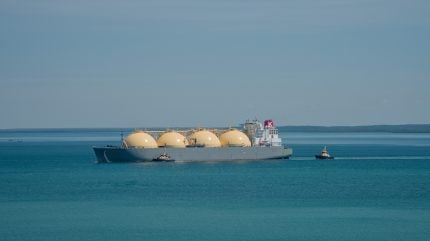
PTT International Trading, the trading arm of Thailand’s state-owned oil and gas company, PTT, has entered into a five-year agreement to purchase 300,000 tonnes (t) of LNG from Oman, reported the Bangkok Post.
This move is aimed at mitigating the risks associated with short-term LNG purchases on the spot market, which can lead to volatile gas prices and higher electricity costs for Thailand.
Under the contract, LNG delivery is set to commence in 2025 and continue through 2029.
PTT senior executive vice-president for international business Pongpun Amornvivat did not disclose the purchase price of the LNG, the report said.
However, he emphasised the significance of the deal in fostering the growth of Thailand’s LNG market and establishing the country as a trading hub within the ASEAN region.
The agreement, which is expected to bolster PTT’s capabilities in international trade, was formalised at a signing ceremony attended by Pongpun Amornvivat and Oman LNG’s chief executive, Hamed Al Naamany.
How well do you really know your competitors?
Access the most comprehensive Company Profiles on the market, powered by GlobalData. Save hours of research. Gain competitive edge.

Thank you!
Your download email will arrive shortly
Not ready to buy yet? Download a free sample
We are confident about the unique quality of our Company Profiles. However, we want you to make the most beneficial decision for your business, so we offer a free sample that you can download by submitting the below form
By GlobalDataCiting media sources, the publication reported that PTT is also negotiating with Oman LNG for an additional 800,000t per year over a nine-year period starting in 2026.
PTT is reported to have played a key role in securing Thailand’s energy resources, especially during the suspension of operations at the Erawan gas field in the Gulf of Thailand.
The halt in production was due to a legal dispute following the expiration of Chevron‘s concession in 2022.
PTT Exploration and Production, another PTT subsidiary, won the bid to succeed Chevron in 2018 but has faced challenges in accessing the site because of the ongoing legal issues.
The interruption in production at Erawan led to a reduction in domestic gas supply, which fell below 40%, down from 50% between 2020 and 2023.
This shortfall has necessitated increased imports of more expensive LNG.



